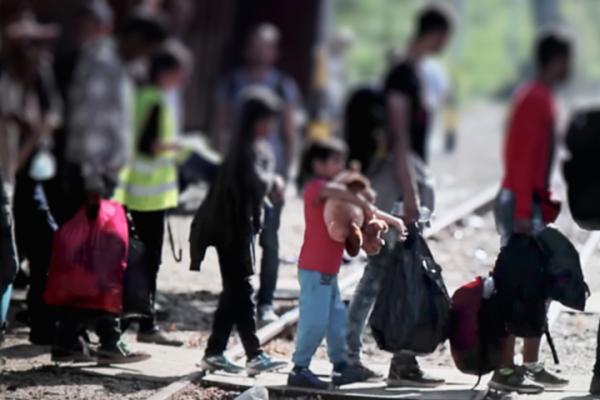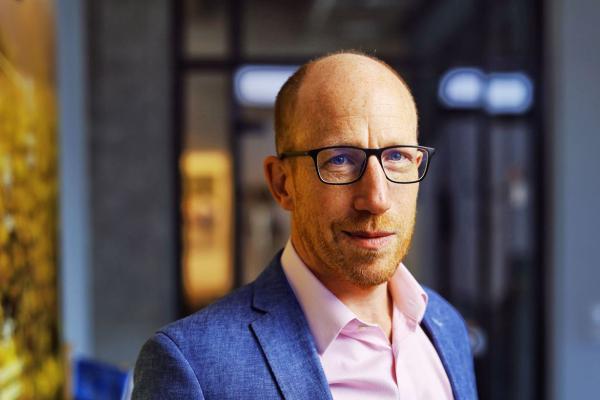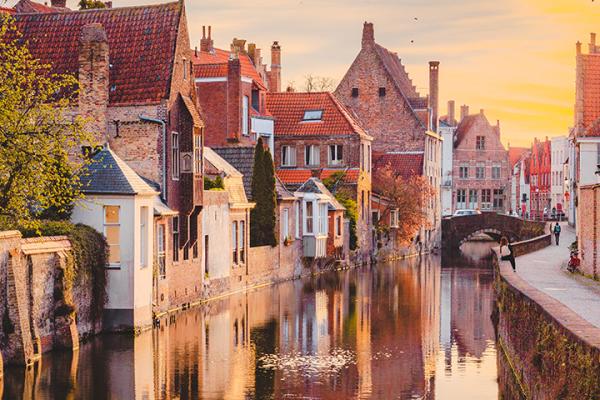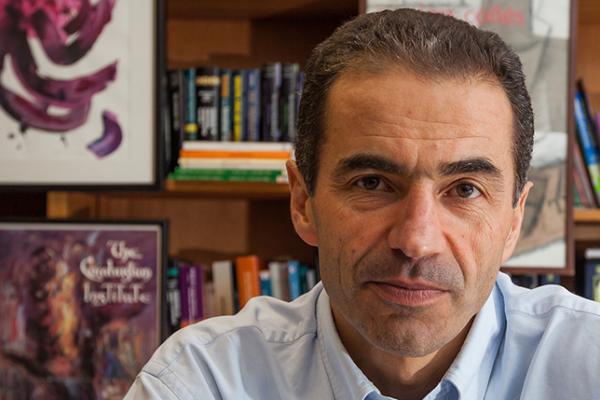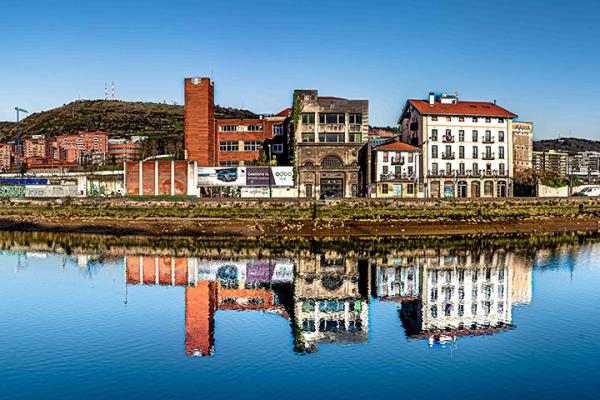Collaboration between Europe and Africa on support for small business start-ups is heralding in a new era for EU-Africa cooperation on innovation.
Strategic report on the future of the European Single Market points to key role for European research and innovation.
Historical flows of refugees and their personal tales are the focus of EU-funded researchers seeking to help countries manage immigration.
European tourism is getting a makeover to strengthen remote communities with the help of EU-funded researchers.
Researchers are testing ways to remove “forever chemicals” from the environment and replace them in some commercial goods.
Farmers, companies and consumers are all helping spur improvements in EU agricultural production and diets.
EU researchers are helping policymakers reconcile competing demands in a region full of natural resources, beauty and tradition.
A group of European urban areas bordering seas and rivers is paving the way for climate neutrality by 2030.
EU research, which has improved society and the economy for decades, now needs to engage more young people and attract extra public and private investments, according to Professor Manuel Heitor.
Urban dwellers across the EU are having a say in making their surroundings friendlier to people and the environment.







